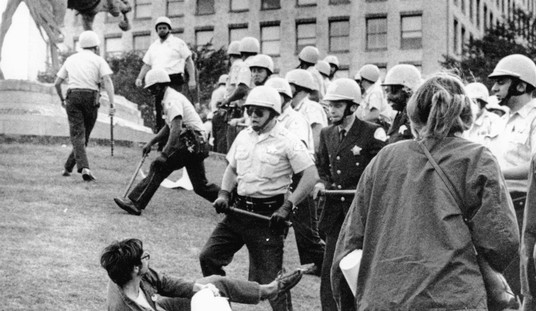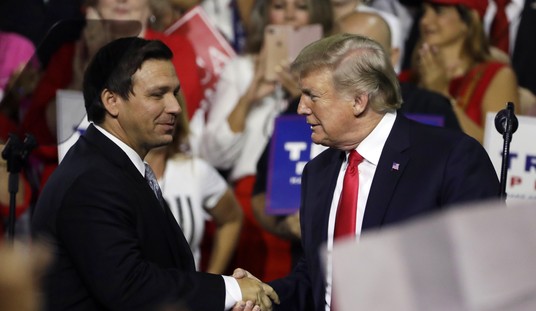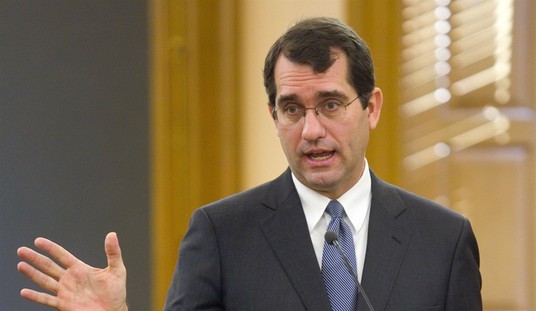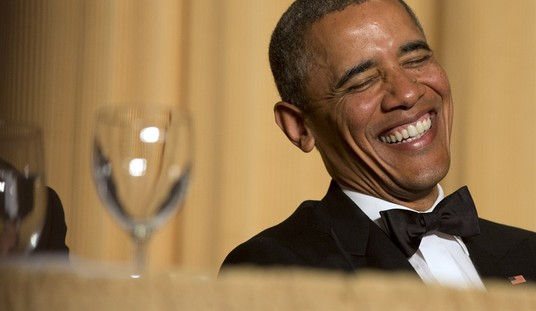Parents Defending Education (PDE), a prominent parental rights advocacy group, filed a lawsuit against an Ohio school district over its “anti-harassment” policies. The measures were ostensibly created to stop students from harassing others by misgendering them. PDE is arguing that these rules are violations of parents' and students' rights.
Now, the organization has the support of 17 states and 15 advocacy groups that have filed amicus briefs in the court arguing in favor of the plaintiffs. The suit was filed against Olentangy Local School District in May. The district’s policies and student code of conduct identify “transgender identity” as a protected group, meaning that a student could be suspended or expelled if they “misgender” one of these individuals.
PDE alleges that this approach compels students to “affirm the idea that gender is fluid, contrary to their deeply-held religious beliefs” while also violating parental rights by cracking down on speech.
The Hamilton Lincoln Law Institute (HLLI)’s brief noted that the policy goes against the principles established in Meriwether v. Hartop, a case that protects a professor’s speech rights in a classroom setting. The organization also noted that the rule’s application to children outside of the school environment is a violation of the First Amendment. “HLLI finds troubling much of the district court’s reasoning below, which constricts the free speech rights of students beyond the bounds set by this Circuit and the Supreme Court,” the authors wrote.
The American Civil Liberties Union (ACLU) also chimed in, arguing in favor of young people’s right to freedom of speech inside and outside of the classroom setting. The group indicated that schools should foster the free exchange of ideas instead of suppressing them, noting that “Youth and inexperience are not justifications for the government to suppress student expression.”
The ACLU also contended that while schools are able to regulate speech that creates a disruption or hostile environment, they must be cautious not to infringe upon speech that is protected.
“The appropriate role of the school generally is not to shield them by way of selective suppression. Its role is to teach students how to engage in discourse, a skill they will need in adult society,” the author explained.
Finally, the Foundation for Individual Rights and Expression (FIRE) and the Manhattan Institute (MI) teamed up to file their own amicus brief challenging the district’s policy. Their brief also argues that the measure violates the First Amendment rights of students who object to using pronouns that do not correspond to biological sex due to religious, moral, or philosophical beliefs. The document notes that under precedents like Tinker v. Des Moines and Barnette, students don’t “shed their constitutional rights to freedom of speech or expression at the schoolhouse gate” and that government-run schools do not possess the authority to compel speech.
"No official, high or petty, can prescribe what shall be orthodox in politics, nationalism, religion, or other matters of opinion, or force citizens to confess by word or act their faith therein,” the brief reads.
The brief further argues that one’s discomfort or offense does not justify infringing on the right to freedom of expression and highlights the 303 Creative case as an example. The author further argues that if this policy is allowed to remain in place, it will teach students that it is acceptable to use governing authorities to silence unpopular speech and force them only to express views that line up with the state.
The author wrote, "The discomfort or personal offense of one student does not meet Tinker’s ‘invasion of the rights of others’ exception...and cannot justify forcing another student to violate his own conscience ‘by word or act.’"
The bottom line is that the district’s policies are dangerous on a number of levels. Not only do they punish students for their religious or philosophical views, but they could also bring about some insidious results. As FIRE and MI noted, these types of policies influence young minds into embracing the idea that the government should possess the authority to forcibly silence those expressing views that disagree with the prevailing narrative of the day. It is a way of conditioning younger generations to be more accepting of authoritarian approaches to conflicts. Hopefully, PDE’s lawsuit will result in the overturning of this policy.













